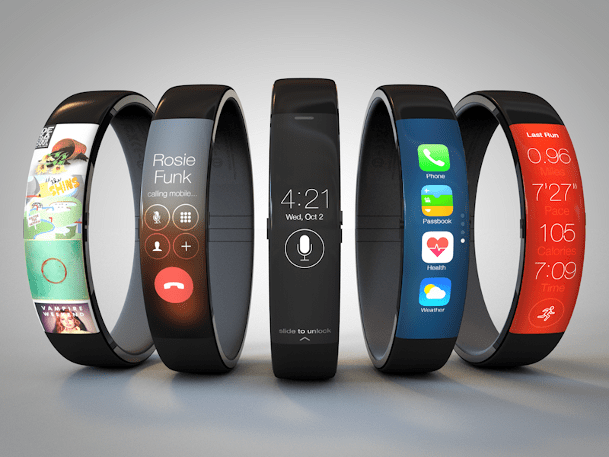So we’re now pretty certain that Apple will release its iWatch… well, sometime before the end of the year. In the buildup to its release, many analysts have been predicting some absurdly high sales numbers in the iWatch’s first year — remember Morgan Stanley analyst Katy Huberty’s bold projection that Apple could sell as many as 60 million (!) iWatches in its first 12 months on the market. It goes without saying that there are good reasons to be skeptical of such sales projections, especially when you consider that the iWatch actually looks like a pretty risky endeavor from Apple’s perspective.
Why is the iWatch so potentially risky? Anonymous Twitter user and frequently sharp Apple observer Sammy the Walrus IV inadvertently tells us why: We really don’t know if anyone actually wants to buy smartwatches, no matter who makes them.
“Seeing some compare pre-iWatch smartwatches to pre-iPhone smartphones,” he explains. “Slight problem: Pre-iPhone smartphones actually were being bought.”
This isn’t to say that the iWatch will be a dud, mind you, but it does show us that Apple might have to bring something significantly different to the table than what other manufacturers have done so far. Given how uncertain the actual demand is for smartwatches, Apple probably can’t just count on its hardcore fans to make the iWatch a hit.
“If I was running Apple, I would delay iWatch another year,” the anonymous Mr. Walrus writes. “Introduce the larger phones. Make people start to see the problems with phones.”





